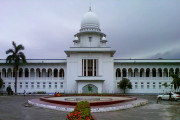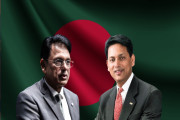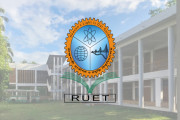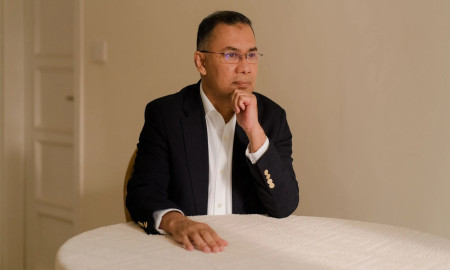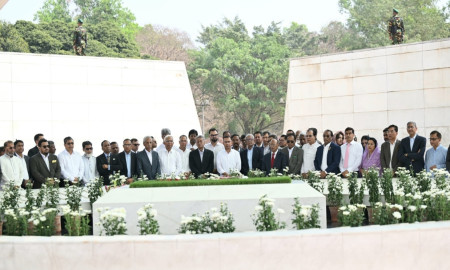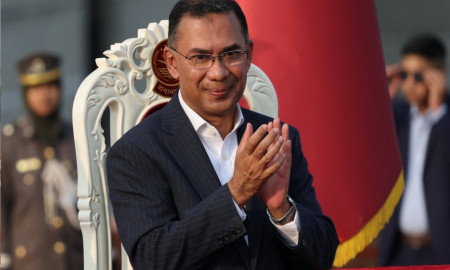Nepal Court Orders US-Bangla to Pay $2.74M for 2018 Crash, Airline Denies Verdict
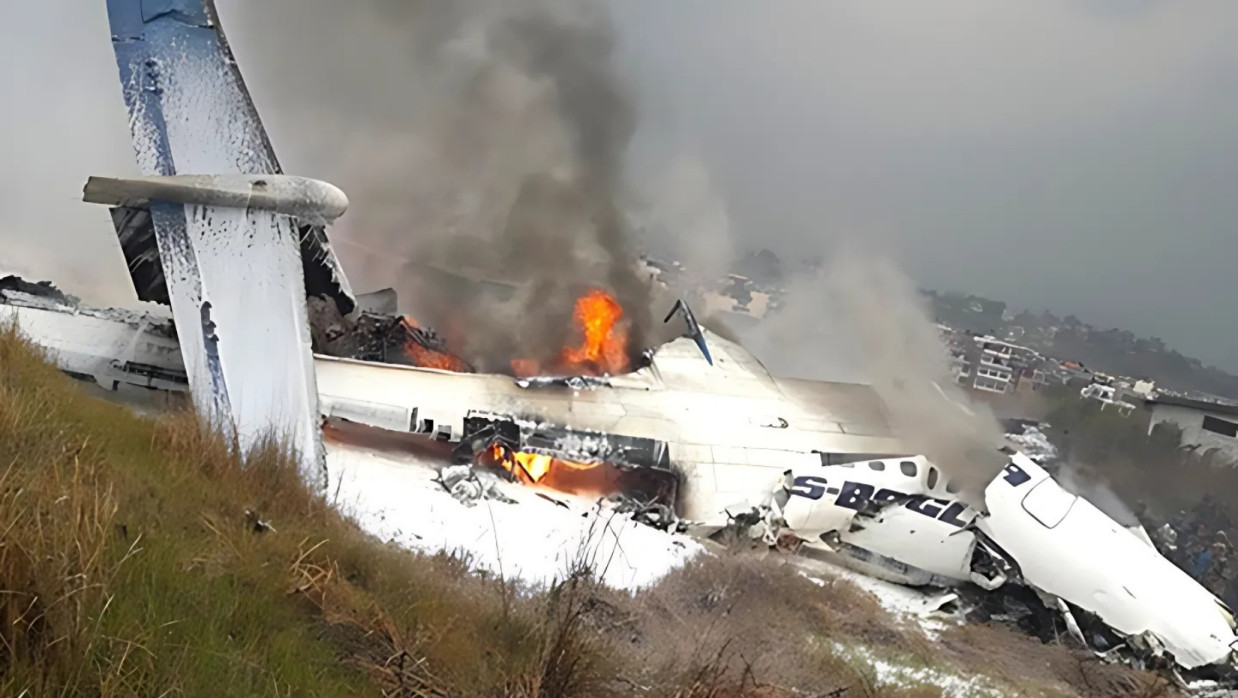
A Kathmandu District Court has reportedly issued a historic ruling ordering US-Bangla Airlines to pay $2.74 million, equivalent to approximately 378.6 million Nepali rupees, in compensation to the families of 17 victims of the 2018 Flight 211 crash at Tribhuvan International Airport in Kathmandu. The crash, which occurred on 12 March 2018, killed 51 of the 71 passengers and crew aboard a Bombardier Dash 8 Q400, making it the deadliest accident for a Bangladeshi airline. US-Bangla Airlines, however, has denied receiving any such court order.
According to The Kathmandu Post, the court ruled that US-Bangla must pay this amount to 17 families, in addition to the $20,000 insurance payout each received. The verdict awarded $170,382 to the families of seven MBBS students, Ashna Shakya, Anjila Shrestha, Meeli Maharjan, Neega Maharjan, Princy Dhami, Sanjay Maharjan, and Shreya Jha. The families of six other MBBS students, Shweta Thapa, Sanjay Poudel, Purnima Lohani, Angila Baral, Charu Baral, and Saruna Shrestha, were granted $179,418 each. The family of Himalaya Airlines employee Prasanna Pandey is to receive $107,170, neurosurgeon Dr. Bal Krishna Thapa’s family $277,548, and 67-year-old nurse Gyani Kumari Gurung’s family $45,301. Survivor Dr. Samira Byanjankar was awarded $44,290. The court, presided over by Judge Diwakar Bhatt, found the airline liable for gross negligence, citing its failure to operate an airworthy aircraft properly. The ruling, based on the Warsaw Convention of 1929 and its 1955 Hague Protocol, marks Nepal’s first successful air crash compensation case. The lawsuit, filed on 31 July 2019, by 16 families and one survivor, cited wrongful death and sought unlimited compensation. Court Information Officer Deepak Kumar Shrestha stated that the full verdict text is still pending release.
US-Bangla Airlines has refuted the report’s claims. “We have received no such official order or court document,” said General Manager for Public Relations Md. Kamrul Islam. He also added, “It even remains unconfirmed whether any such verdict has actually been delivered.” The airline’s legal team is reviewing the matter, and if a ruling exists, it will analyze it legally and inform the media and relevant parties accordingly. The airline noted that it has not received any formal or court-related information about the alleged verdict.
The crash occurred when Flight 211, departing from Hazrat Shahjalal International Airport in Dhaka, veered off course during landing in Kathmandu, crashing and catching fire. Of the 51 fatalities, 22 were Nepali, 28 Bangladeshi, and one Chinese. The court observed that future negligence-related crashes could allow passengers or families to seek unlimited compensation. The seven-year legal battle was challenging for the families. Bidhur Man Shrestha, father of MBBS student Anjila Shrestha, said the ruling brings justice but does not fully satisfy, as he sought $2.7 million against the airline’s initial $50,000 offer. Advocate Amrit Kharel, representing seven families, called the verdict historic, noting that US-Bangla misled families by equating insurance payouts with full compensation. He clarified that insurance, included in ticket prices, is separate from negligence-based compensation, making this a human rights victory. The ruling sets a precedent for unlimited liability in Nepal’s aviation history, where 70 crashes have claimed 964 lives over seven decades. US-Bangla can appeal to Nepal’s High Court or Supreme Court.

